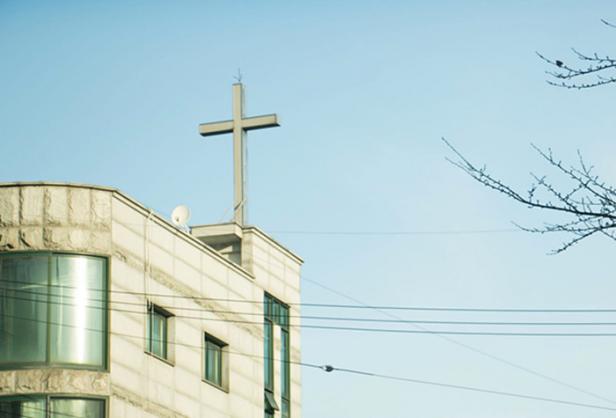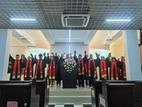S city is a prosperous secondary city in the Yangtze river delta. Over the past five or six years, thanks to the hard work of millions of migrant workers, the city has accumulated much wealth and maintained steady development.
However, much fewer migrant workers return from their hometown to S city after the Spring Festival this year. A local Christian took the economic and technological development zone of S city as an example. It is estimated that at least 20,000 migrant workers have left S city.
S is not alone. In 2015, 2016 and 2017, the title "Massive Return of Migrant Workers" is often seen on social media.
"There are no jobs. We have to return to our hometown." It is the inner voice of many migrant workers. They used to build the infrastructure, skyscrapers and plants of this city with their sweat. However, many cities have introduced new technology industries. Many old factories in the economic and technological development zone of S city have been closed. A large factory, which used to require 20,000 workers, now only need half of them.
Many migrant workers have to find another way of living. Some of them continue to work in another city. Some of them start to develop in their hometown in inland China, such as Henan Province and Anhui Province. It is not practical to return to the countryside. Therefore, many migrant workers choose to return to the second and third-tier towns in their hometowns.
"The massive return of migrant workers may lead to the rise of church in the town." said L, a Christian scholar who gives lectures in churches of different places all year round.
Once upon a time, the rural church in Henan and Anhui Province has gone through rehabilitation in 1980s and 1990s. When it came to the 20th century, many youngsters from rural areas flew into the city. This had a significant influence on the local church. Most of the believers in rural church are the elderly, women and children. After the renaissance, the rural church became isolated.
However, the thing is not what it was nowadays. The eastern coastal cities have been committed to industrial upgrading since 2015. Many inland provinces began to develop basic industries, focusing on the introduction of capital and labor force. The economic development of inland provinces has improved the living standards of people. This new trend could have a new and profound impact on the development of Chinese church in the future.
"After all, people have to live a normal life and can't always float outside. The problem of left-behind children and women needs to be solved." Pastor L is optimistic about the return of migrant workers. He says that it is an inevitable phenomenon.
On the one hand, most migrant workers are vulnerable groups in second-tier cities. It is difficult to solve their problems regarding health care, housing and children's education. What restricts them most is their children's education. For example, only when both of parents have local social security can their children go to school in Beijing. Many children are not accepted by school in big cities even though they have reached the age to go to primary school. Many migrant workers return to their hometown for their children's education.
Meanwhile, migrant workers aimed to make money at a young age. When they get older, they just want to live a stable life with their family. Some couples leave their children to their grandparents in their hometowns. Some people leave their wives and children in their homes. If migrant workers live in their hometown with their family, they will be back to a normal life. The problem of left-behind children and women can naturally be eased.
"Every place wants to be urbanized." Pastor L believes that development of inland provinces and the return wave of migrant workers is the key to solving the problems of urbanization in China.
A pastor from Henan Province used to say: "If people in Henan don't go out, many places will lack a labor force." However, Pastor L said: " If everyone moves to eastern coastal cities like Shanghai and Hangzhou, it will bring much pressure to those cities."
"It is very important for inland provinces to maintain their population." Pastor L said. "On one hand, it is impossible for all the Chinese population to gather in major cities such as Beijing, Shanghai and Shenzhen. However, it is also impossible for every province to conduct massive urbanization.
Some cities like Wuhan and Zhengzhou can act as the main center of its region and bring about the development of cities around it. It will create tens or even hundreds of jobs and develop poor counties and cities, which is of great significance. "
"Economic development will also lead to the growth of churches in inland China. Township churches in the central area of China may also be revived." Pastor L said.
He clarified that the township church is different from the church in a village. The township church should be located in the central town of several villages or little cities.
When migrant workers return from the city, they are not accustomed to the rural way of life anymore. Many of them will choose to buy a house in town and small cities.
It is also imperative to conduct inner transformation in township churches. Urbanization has brought about great social changes. The structure of our society and people's concepts have changed. We should also think about how to get rid of out-of-date concepts.
Translated by Emma Ma












